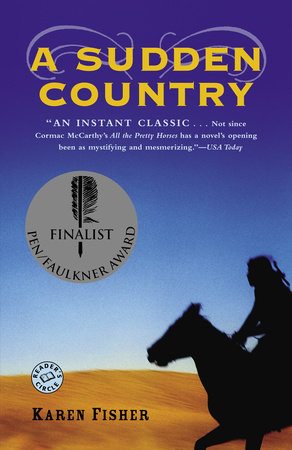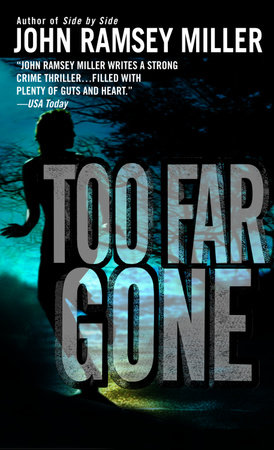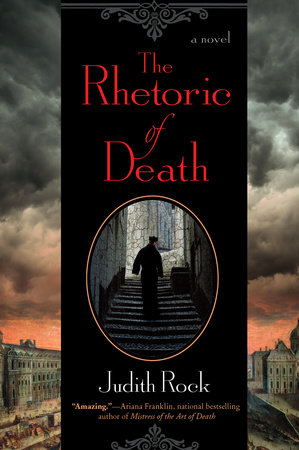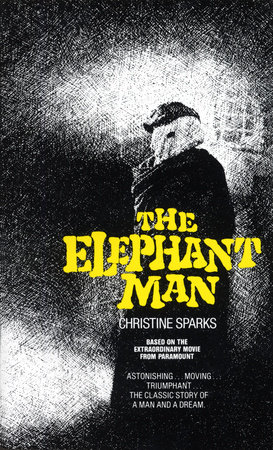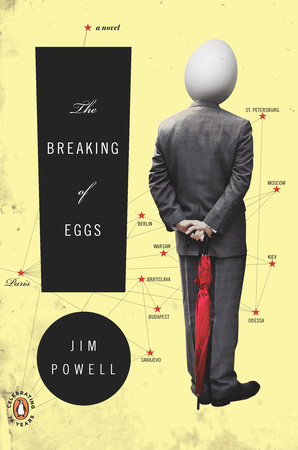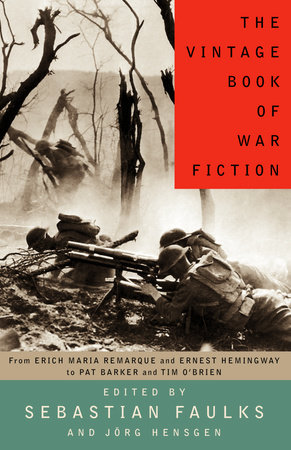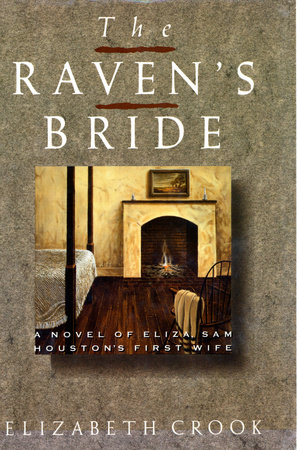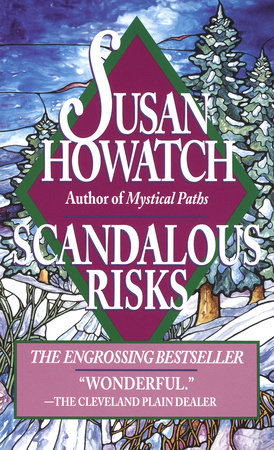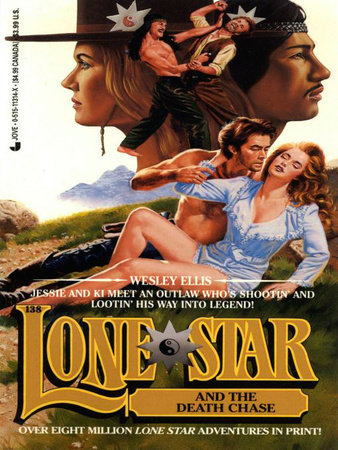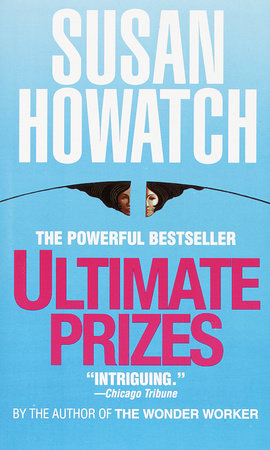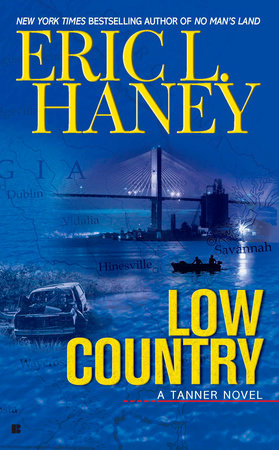Author Q&A
A Conversation with Karen Fisher
Grateful acknowledgment is made to Bookspan for permission to reprint an
interview with Karen Fisher by Gary Jansen, Senior Editor, Book-of-the-
Month Club®, copyright © 2005 by Bookspan. Reprinted by permission of
Bookspan.
Gary Jansen: First off, I loved your novel so much! It’s beautifully written
and there’s this dreamlike quality to your prose that’s hypnotizing.
So tell us a little about your writing experiences. Who were some of
your influences and what were some of the books that you just loved so
much that they became a part of who you are?
Karen Fisher: I never did a formal writing program or had much contact
with practicing writers—it seemed to me that all the answers were really in
the books I loved. And I do love so many books, and so many authors have
inspired me to believe in myself. But, in terms of Great Influence, I can list a
few books that were powerful enough to make me throw whole drafts away.
Those were (in chronological order): Cormac McCarthy’s Blood Meridian,
Michael Ondaatje’s The English Patient, Charles Frazier’s Cold Mountain, the
combined effect of Carol Shields, Louise Erdrich and Alice Munro, and finally
Patrick White’s Voss and Tree of Man.
GJ:You’re a wife and mother of three children.Where did you find the time
to write?
KF: The list above is one tip—this novel took over ten years, and most of it
was written very late at night, by a tired person. So if you find it dreamlike
and hypnotic, that’s probably why. I advise reading it under the same circumstances.
GJ: A Sudden Country is set during the Oregon migration of 1846–1847.Tell
us a little bit about the backstory to your novel and where the idea came
from.
KF:Actually, it started as a kind of challenge from my husband.We went on
lots of horse trips together when we were young, and soon ran out of really
good reading—something that felt appropriate out beside a campfire.We
were sticklers for authenticity—we’d both read a lot of history by then, and
I knew more than many authors about the practical details of an outdoor
life.He fired up an ambition I’d had for a while, to write this kind of book.
Of course, through the years it turned into something much more complex
and ambitious than I’d ever imagined.
GJ:What kind of research did you have to do for your novel?
KF: I read hundreds of overland journals and contemporary book-length
accounts—the closer I could stay to the sources, the better. And for more
years I was reading firsthand accounts of American and Hudson’s Bay Company
trappers and traders, and accounts by early Jesuits. I read everything set
down about the Whitman Massacre and the people and events surrounding
it. Mid-nineteenth-century novels. Sermons, recipes, old books on homemaking,
you name it, except that I tried to stay away as much as possible
from secondary sources. I tried never to write about a location I hadn’t seen
firsthand, no matter how much it might have changed.There’s always something
that has defied that change—even if it’s just the quality of light, the
shapes of clouds, the plants along a riverbank.And life was the best research
of all, of course.My children, my animals, my dreams. The best details are
never invented, they’re observed.
GJ: A Sudden Country has received a lot of great reviews. How do these responses
make you feel?
KF: I’d come very close to giving up writing completely.To get published at
all with no publication history, no writing degree, no awards, no connections
to speak of—I’d had so many rejections for so many years that it was just
seeming impossible. I still feel like the longest long shot. (I had to laugh
when I realized how appropriate the cover was, with its dark horse!) But I’m
so grateful now to be in the hands of such wonderful people, people who are
so behind this book.And so touched by everyone I hear who reads and likes
it. Reading and writing has always just been this wonderful, fulfilling, enriching,
private conversation. To have a place in someone else’s life, as so
many writers have had in mine—that’s the ultimate thrill.
GJ: You’ve lived as a teacher, wrangler, farmer, and carpenter.That’s a pretty
amazing resume (add writer to that now)! How does writing compare to all
of these other professions?
KF: All the others have always made more money! No, really, horses were
my first passion, I loved teaching, farming was a kind of calling—a way to
learn a kind of self-sufficiency I felt we’d lost through generations.And carpentry
is a wonderful skill, but the one least compatible with writing. Good
carpentry is all about anticipation, staying four or five moves ahead of yourself.
Writing is all about reflection, slowing down, thinking back over what’s
done.They’re hard to combine—I’m either an absentminded carpenter or a
tired writer on days when I do both.
GJ: Is there one character in your book that you feel closest to? And if so,
can you describe that relationship?
KF: All these characters can only really be aspects of myself, or I can’t write
them truly. My first heroes were all mountain men, and MacLaren was all
about that process you go through, as you mature, of de-romanticizing your
first loves, and then redeeming them (and yourself ) by understanding their
humanity more fully and compassionately. Lucy is all about so many of the
things I discovered as I became a mother. Emma is the incarnation of my
twelve-year-old self, or my impression of that. Mitchell reflects the kind of
passionate dogmatism and social oblivion that I remember so well from my
own twenties—though, of course, he’s older. I could go on.
GJ: How did the topography of where you grew up and lived affect your
writing?
KF: I always had room, physically, to move.This is a very open book; it takes
place almost entirely outside—not only of rooms, but of conventions—
which is where I generally find myself. Needing to have that kind of space
and independence has made for a pretty do-it-yourself kind of life, so the
road to publication was as rough, believe me, as the journey I was writing
about.
GJ: So when’s the next book coming out?
KF: I don’t know, but the kids are finally in school. So the next one should
go faster!
